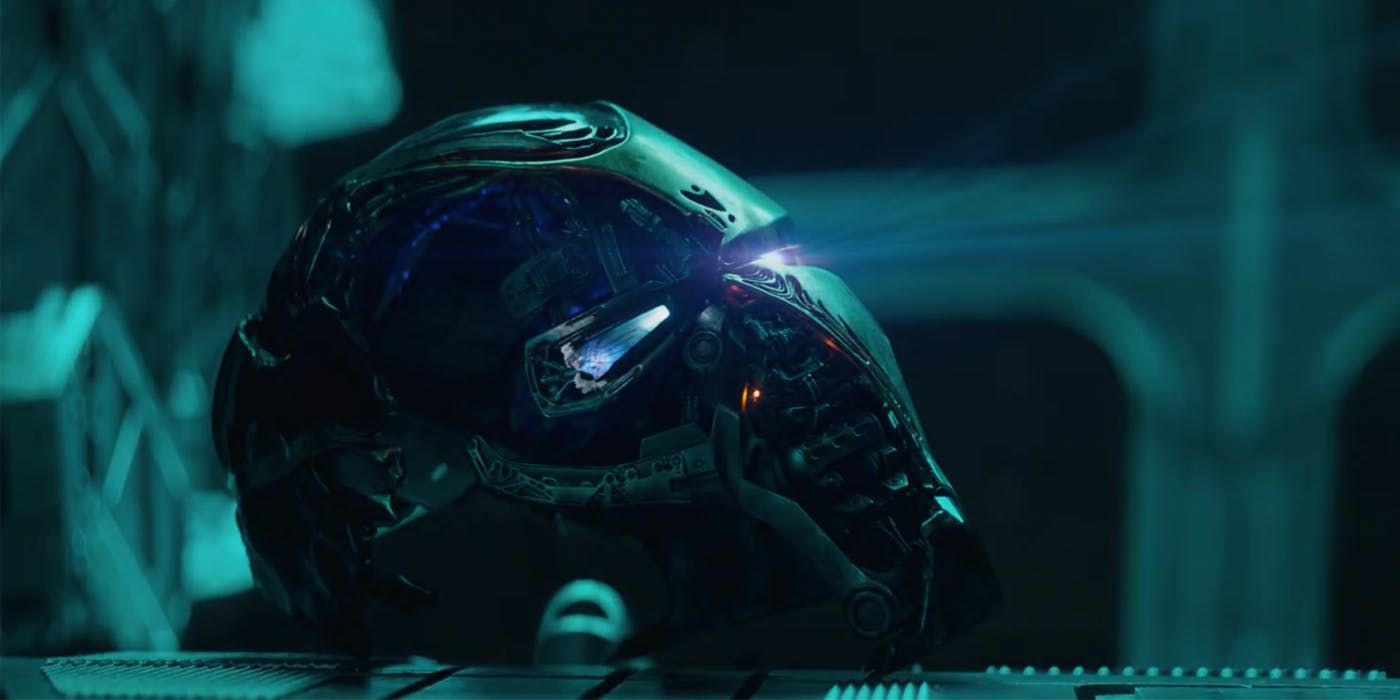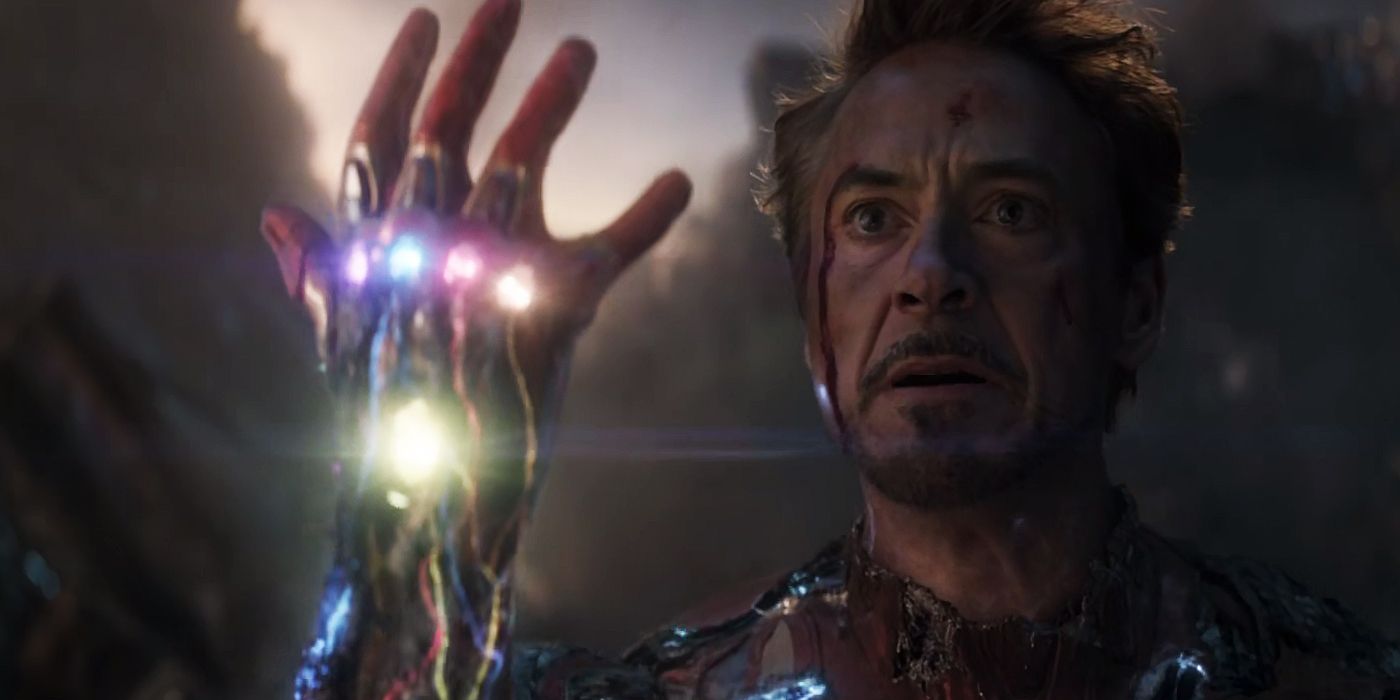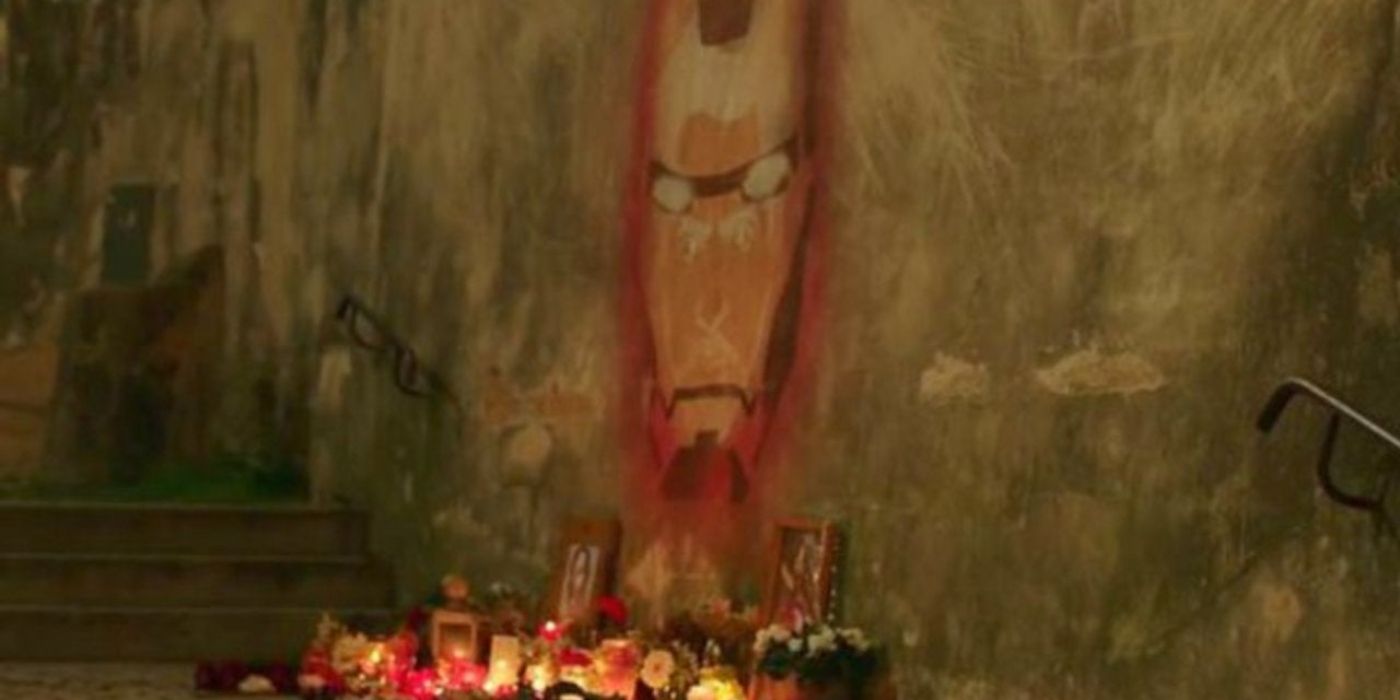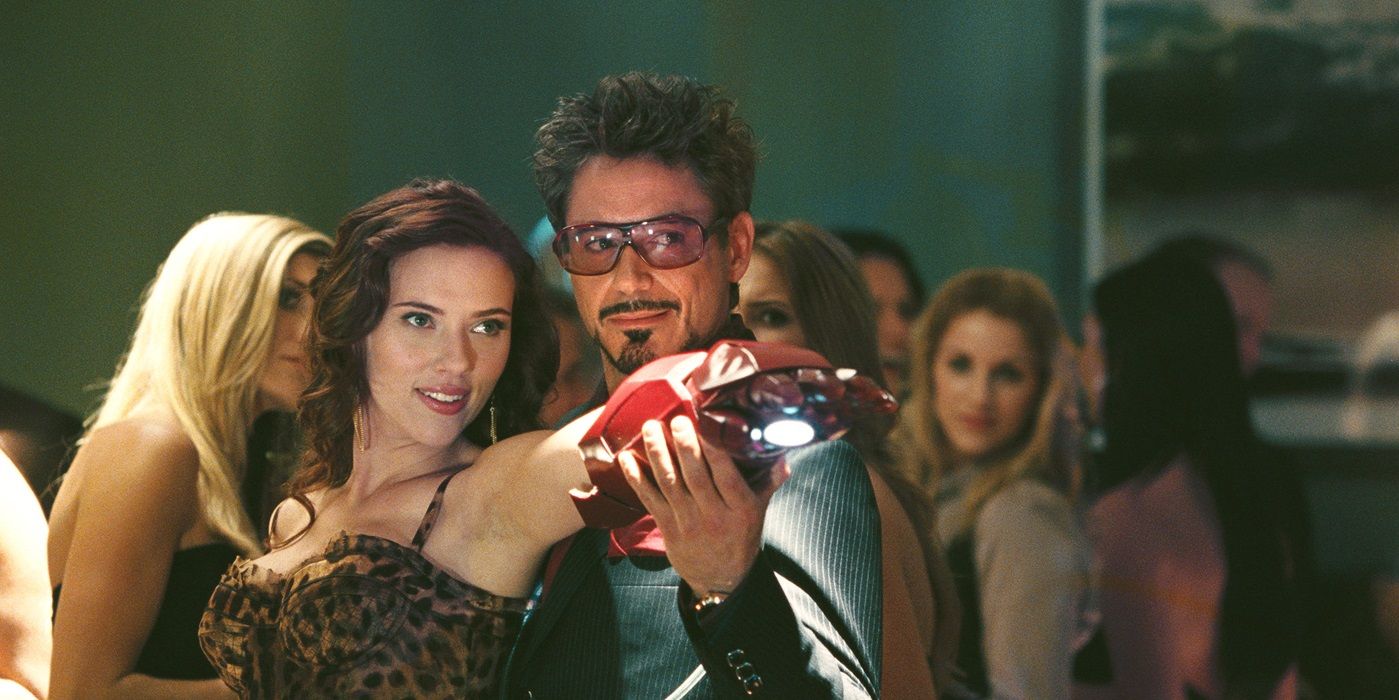With rumors circulating that Robert Downey Jr. will make one last appearance as Iron Man in the upcoming Black Widow film, it's worth considering the impact this cameo could have on his character’s climactic death in Avengers: Endgame -- and on his Marvel Cinematic Universe legacy.
Tony Stark's final sacrifice in Endgame was easily the most powerful moment in the film and the perfect end to a character arc that began in 2008's Iron Man. Spider-Man: Far From Home, meanwhile, acted as an epilogue and obituary for the armored billionaire, emphasizing the vacuum left by Stark's loss and reminding audiences exactly what Iron Man meant to the MCU.
Both of these films lend a definite sense of finality to Stark's death. In Far From Home, specifically, not having the character appear in the flesh is a potent reminder that he's gone for good. Having Downey appear in Black Widow, for even the briefest of cameos, could take away some of the impact of that loss.
Comic books are rife with examples of long-dead characters coming back to life and undoing the enormity of their own sacrifice or the trauma inflicted on others by their death. It's gotten to the point that when a major character -- like, say, Wolverine -- does die, we don't believe it. We, as readers, know it will be undone.
The MCU hasn't gotten to that level of impermanence yet -- and that's a good thing. We should want movie deaths to count for something.
Take Sebastian Stan's Bucky Barnes, for example. As well done as Captain America: The Winter Soldier was, and as conflicted and interesting a character as Bucky has become, his reappearance still undercuts his death in Captain America: The First Avenger. Revisiting that harrowing scene on the train Steve Rogers watched as Bucky fell to his doom, it's hard to feel the same pang of grief, knowing now that he's going to be all right.
Do we really want that for Iron Man, too? Especially if the rumors regarding Stark's cameo are true. If Iron Man's first appearance post-death is, in fact, a deleted scene from Captain America: Civil War, it leads one to wonder how worthwhile it's even going to be. If the scene was bloodless and unimportant enough to be cut the first time, why bring it up now?
On the other hand, with Black Widow most likely being a prequel of sorts, having an Iron Man cameo wouldn't necessarily be a bad thing.
One of the largest drawbacks of the individual, non-Avengers films was always that the lack of interaction with their teammates and friends -- or dare we say it, their family -- didn't always make a lot of sense. Having Tony being there for Natasha or not, however it plays out, is a good way to further flesh out both of their characters.
In fact, maybe rather than diminishing Tony's sacrifice, the cameo will add to his legacy.
Don't forget that Natasha sacrificed herself in Endgame, too. The upcoming movie is a way to get more of Widow's story, a chance to spend time with a character who, arguably, didn't get enough development during the course of the Infinity Saga. While Tony certainly had plenty of time on-screen, one final flashback could still add yet another layer to the character.
A third possibility, of course, is that the cameo could be entirely inconsequential. For all the fervor around Princess Leia's moment at the end of Rogue One: A Star Wars Story, the scene itself didn't do anything to add to or diminish the character in any way. It was just kind of there.
When it comes right down to it, the content of the scene is going to dictate how it's received more than anything else. Tony Stark's entire legacy could be changed with a few lines, for better or for worse.
Directed by Cate Shortland, Black Widow stars Scarlett Johansson, David Harbour, Florence Pugh, O-T Fagbenle and Rachel Weisz. The film arrives in theaters May 1, 2020.




